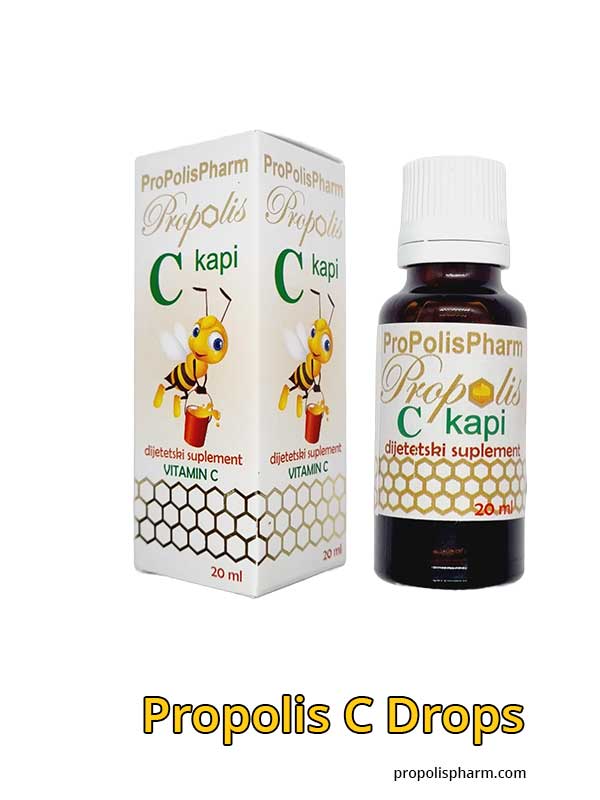Propolis may have health benefits for humans. The benefits of propolis may include helping to heal minor wounds, maintaining oral hygiene, helping with inflammation, and even helping to treat herpes.
Propolis is a resin produced by bees. It contains a mixture of bee saliva, beeswax and plant and tree substances.
Bees use propolis, or "bee glue", as a sealant. Historically, people used it topically or as an oral supplement. However, it may not be suitable for everyone.
What is propolis?
Propolis is a resinous, waxy substance that bees create by mixing their saliva with beeswax, along with compounds from various plants and trees. Bees use it to seal gaps in the hive to keep out intruders. Propolis also has antimicrobial properties and can protect bees from pathogens.
The substances that make up propolis can be complex. Scientists have identified more than 300 separate compounds in propolis. The exact composition depends on the location of the apiary.
In general, propolis usually consists of:
- resins of trees and plants: 50%
- beeswax: 30%
- pollen: 5%
- essential and aromatic oils: 10%
Propolis also contains polyphenols, such as flavonoids, which are a type of antioxidant.
Medicinal properties
One 2019 study suggests that people have been using propolis as medicine since 300 BC. The ancient Egyptians used propolis for embalming, and some doctors used it during World War II to help heal wounds.
The same research from 2019 suggests that it may have the following properties:
- antibacterial
- antifungal
- antivirus
- antiprotozoal, which means it works against parasitic diseases
- anti-inflammatory
- antioxidant
Some of the substances present in propolis may also have anticancer properties.
However, although laboratory and animal studies on the properties of propolis and its components are promising, few high-quality studies have proven its effectiveness as a treatment for specific conditions in humans.
Potential uses of propolis
Modern research suggests that propolis can be useful for:
- Healing of minor superficial wounds
- Favorably affects oral hygiene
- It works for inflammation
- It has a beneficial effect on cold sores on the lips
See our propolis-based products.
Wound healing
A 2015 study suggests that propolis may help wound healing. A study on diabetic animals showed that propolis helped the skin grow new cells to repair itself.
Since people with diabetes experience slow wound healing, this suggests that propolis may be beneficial for faster skin healing. Since propolis also kills some types of bacteria, it can also help prevent infection.
Oral hygiene
According to the same research from 2015, propolis also seems to prevent the formation of calcium phosphate, which is the main component of dental plaque.
Propolis and honey are also antibacterial, which can make them useful as ingredients in dental care products.
According to one study, propolis significantly reduced the amount of bacteria in the saliva of people with periodontitis.
Inflammation
The antioxidants in propolis may work to reduce inflammation, such as inflammation caused by arthritis.
Animal studies have tested propolis as an anti-inflammatory agent in animals with arthritis. In both studies, propolis inhibited swelling and appeared to affect how inflammation develops.






